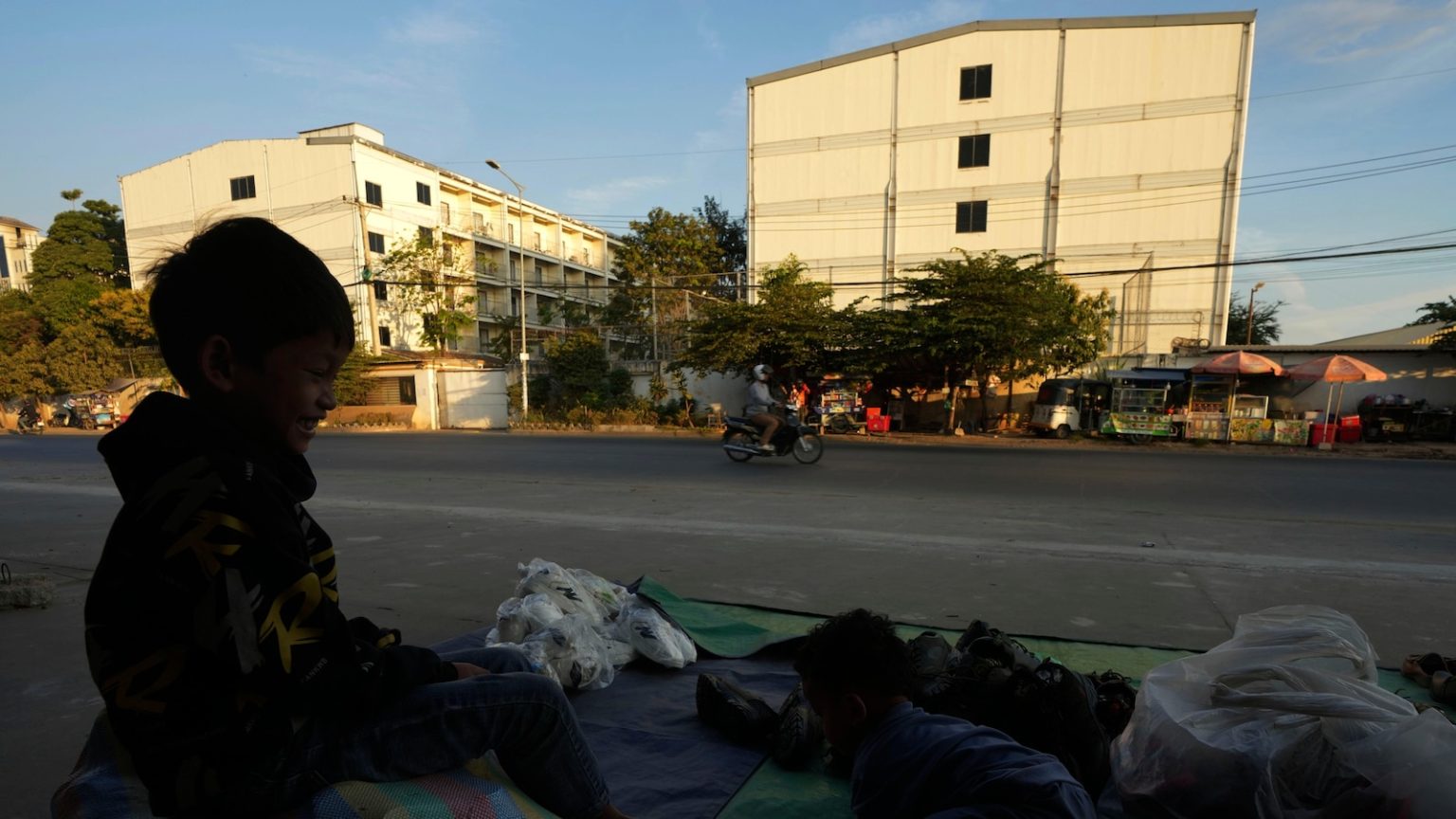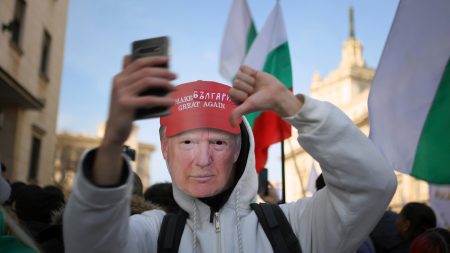The Devastating Impact of Trump’s Foreign Aid Freeze on Anti-Trafficking Efforts in Cambodia
Introduction: A Crisis Unfolding in Cambodia
The freeze on foreign assistance by the Trump administration has dealt a severe blow to organizations fighting human trafficking and forced labor in Cambodia. Tens of thousands of people in the country are estimated to be trapped in exploitative conditions, particularly in sprawling compounds where they are forced to work in call centers running international telephone scams. These victims, often lured under false pretenses, are subjected to brutal conditions, with little hope of escape. The U.S. funding freeze has now imperiled critical programs and shelters that provided lifelines to these victims, exacerbating a crisis that affects not only Cambodians but also thousands of people from other countries, including the United States.
The Role of Shelters in Combating Human Trafficking
At the heart of this crisis is a shelter in Phnom Penh operated by the Catholic charity Caritas, the only non-government-run facility in Cambodia that accepts victims of scam compounds. This shelter has been a vital refuge for those who manage to escape the compounds, offering trauma-informed care, legal support, and assistance with visas to help victims return to their home countries. However, the U.S. funding freeze has forced the shelter to stop accepting new victims, and it may soon suspend operations entirely. Sources close to the situation, who wished to remain anonymous due to fears of retaliation, revealed that the shelter was reliant on funding from USAID and the International Organization for Migration (IOM), both of which have now halted their support.
The closure of this shelter is particularly devastating because it is widely regarded as the most competent and qualified facility of its kind in Cambodia. Jake Sims, co-founder of Shamrock, a coalition combating transnational cybercrime, emphasized the shelter’s importance, noting that its loss leaves a gaping hole in the support network for trafficking victims. Without such shelters, victims who manage to escape often find themselves destitute and vulnerable to re-trafficking, as they lack the resources to rebuild their lives.
The Disruption of Rescue Operations and Prevention Programs
The funding freeze has also crippled rescue operations and prevention programs aimed at combating human trafficking. Civil society organizations that worked closely with local authorities to rescue victims from scam compounds have been forced to halt their activities. Rescue workers, like Li Ling, who referred cases to the Caritas shelter, have had to stop their efforts entirely due to the loss of funding. Ling expressed deep concern about the fate of victims who have already left the shelter, some of whom have since disappeared. She fears they may have been forced back into exploitative situations due to their precarious financial circumstances.
In addition to disrupting rescue efforts, the funding freeze has derailed critical prevention programs. For instance, a nonprofit organization planned to launch a training program for community journalists across Southeast Asia to raise awareness about the recruitment tactics of scam compounds. Another labor-focused organization had intended to train union leaders in six Southeast Asian countries to recognize signs of trafficking. Both initiatives have now been canceled, leaving a void in efforts to prevent further exploitation.
The Intimidation of Independent Media and Journalists
The crisis in Cambodia is further compounded by the government’s increasing pressure on independent media and journalists who dare to shed light on the scam compounds. Investigative journalist Mech Dara, who had extensively reported on the issue, was arrested last October and later released on bail. Following his ordeal, Dara announced his decision to quit journalism, a stark illustration of the chilling effect of government intimidation. Other independent media outlets have been shuttered, leaving fewer avenues for exposing the truth about Cambodia’s trafficking crisis.
The Broader Implications of the Funding Freeze
The funding freeze has far-reaching consequences that extend beyond Cambodia. By crippling anti-trafficking programs, the U.S. government’s decision has inadvertently strengthened criminal networks, allowing them to expand their operations with impunity. Mina Chiang, founder of Humanity Research Consultancy, warned that the loss of funding not only endangers vulnerable individuals but also undermines the broader fight against organized crime. She highlighted cases of Taiwanese survivors who, after escaping scam compounds, found themselves homeless and vulnerable to re-trafficking due to the absence of support systems.
Moreover, the long-term costs of the funding freeze could be significant. Restarting anti-trafficking programs will likely be more expensive, as organizations will need to rebuild capacity and rehire staff. Meanwhile, the interruption of research funded by USAID has halted critical efforts to track the evolution of scam compounds and the Cambodian government’s response. This loss of intelligence will hinder future efforts to combat trafficking effectively.
In conclusion, the Trump administration’s freeze on foreign assistance has unleashed a cascade of devastating consequences for anti-trafficking efforts in Cambodia. Shelters like the one operated by Caritas are shutting their doors, rescue operations are grinding to a halt, and prevention programs are being abandoned. At the same time, independent media and journalists who dare to expose the truth are facing relentless intimidation. The result is a crisis that not only endangers thousands of trafficking victims but also emboldens criminal networks, undermining global efforts to combat modern slavery.















